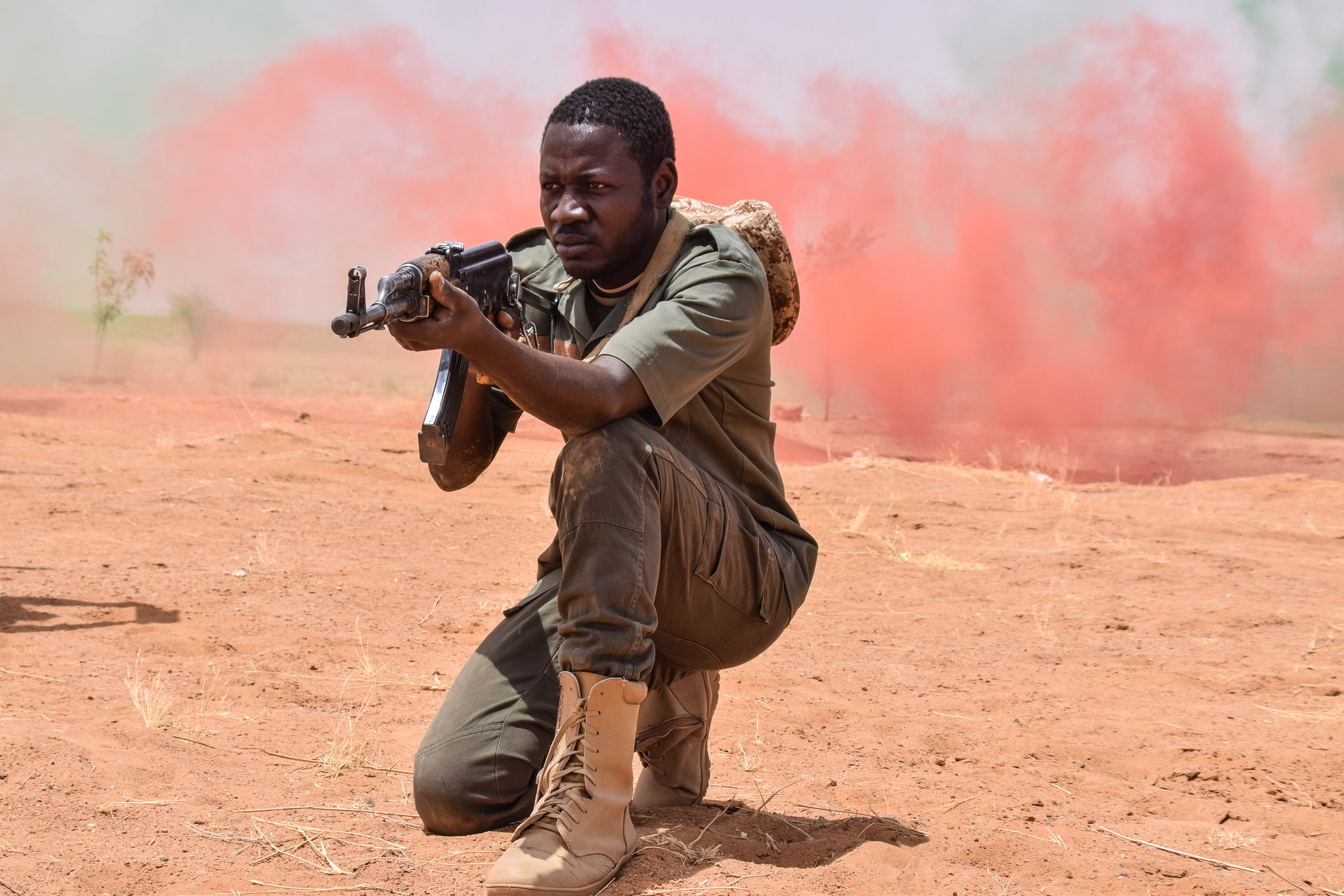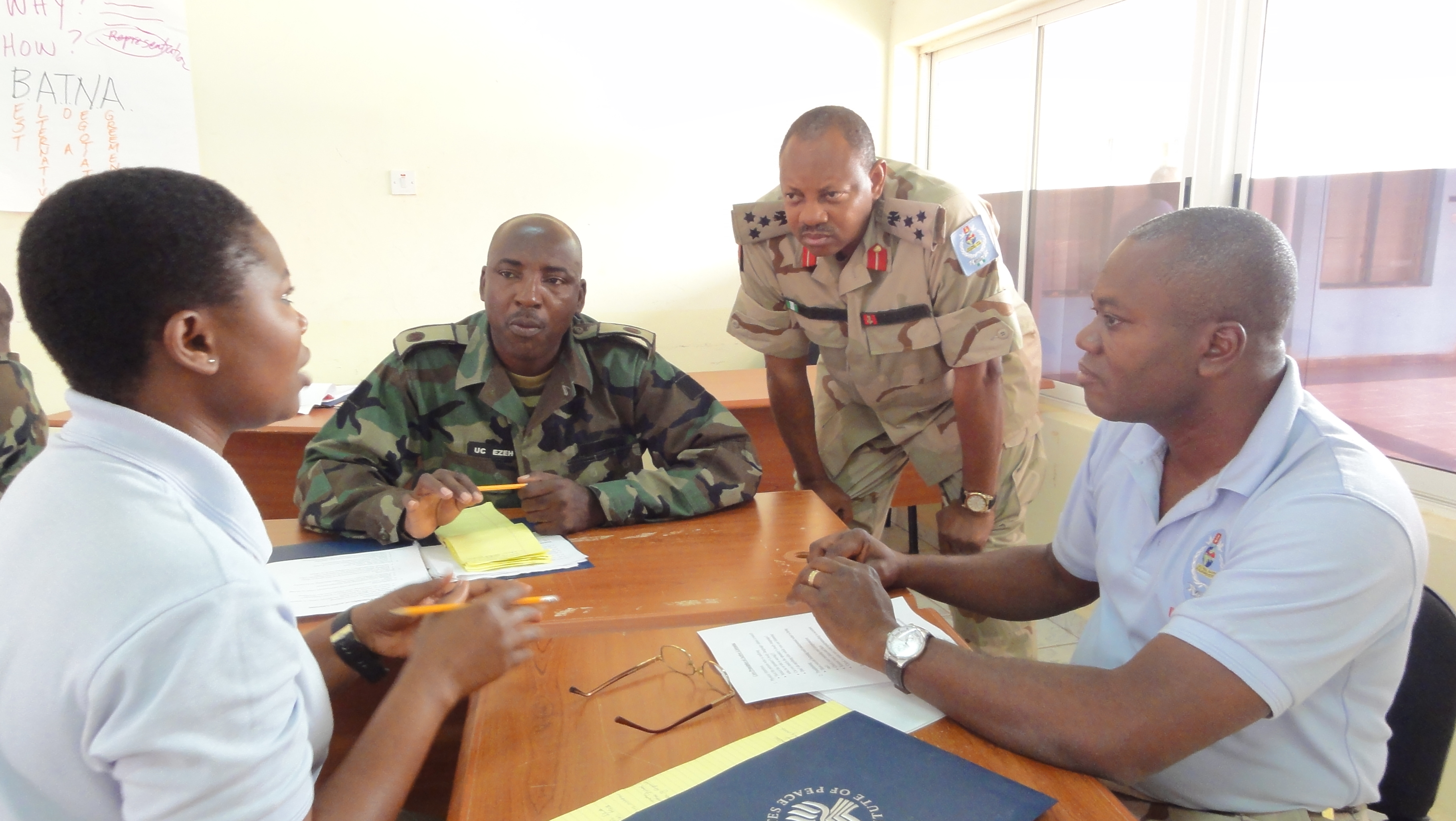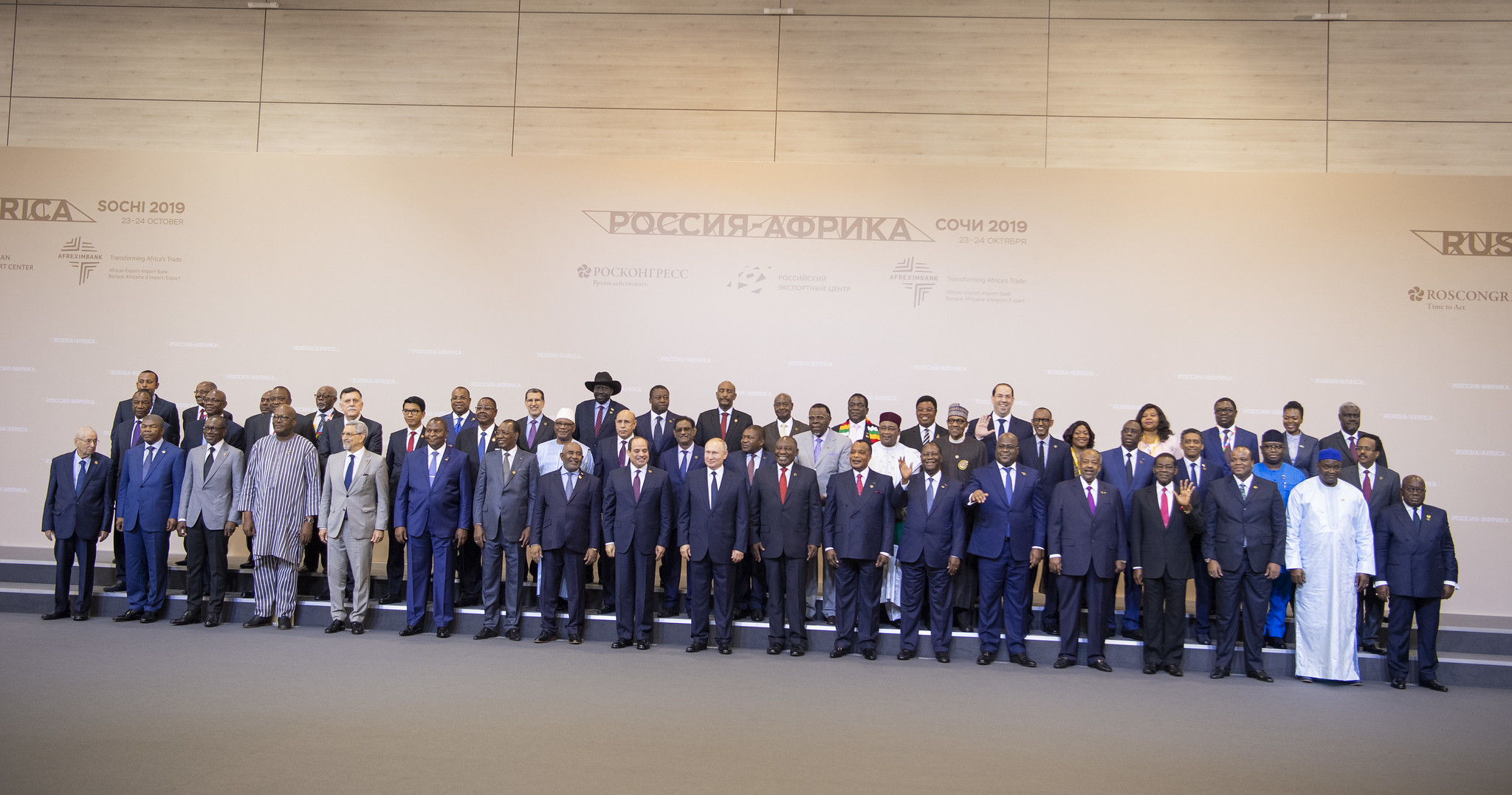Following the coup in Niger, the threat of an unprecedented regional war in West Africa has significantly increased, writes Abubakar Abubakar Usman.
Despite a long history of not going to war with each other, West Africa stands on the precipice of conflict. The military coup in Niger that removed President Mohamed Bazoum, whose government had only been in power for two years, led the Economic Community of West African States (ECOWAS), to threaten military action to restore democracy in the country.
Regrettably, West Africa is no stranger to the scourge of military coups. Since the attainment of independence by its constituent nations, a staggering 54 successful coups and 94 unsuccessful attempts have punctuated the region’s history. Niger’s recent coup marks the fourth successful seizure of power by the military in West Africa since 2018. This concerning pattern, observed in Burkina Faso, Guinea, and Mali, underscores a troubling trend of democratically elected leaders being forcibly ousted by military leaders.
Recent events in Niger unfolded soon after the ascent of new Nigerian President Bola Ahmed Tinubu to the chairmanship of ECOWAS on 9 July 2023. In his opening address, President Tinubu resolutely committed to eradicating the persistent spectre of military coups within the region. The subsequent fall of Niger, a nation sharing an extensive border with Nigeria, into the clutches of military rule has presented a huge challenge to both ECOWAS and President Tinubu. This predicament will test the resolve and efficacy of ECOWAS and has led to President Tinubu’s audacious claim of potential military intervention to reinstate the deposed President Bazoum.
Embarking on a military intervention within Niger’s borders is a complex endeavour fraught with challenges. To compound matters, Burkina Faso and Mali, both ruled by juntas, have ominously pledged military support to Niger should ECOWAS proceed with its intervention plan. Such a convergence of opposing interests has the potential to escalate the situation into a fully-fledged regional conflict, pitting the ECOWAS’s democracies against a group of military rulers.
ECOWAS has intervened militarily before, but the circumstances were significantly different. Between 1997 and 1998, ECOWAS effectively deployed a military intervention to reinstate democratic governance in Sierra Leone. However, in that instance, there was unity in action. The present scenario is different because of the divisions among ECOWAS member states after Burkina Faso and Mali pledged military support for Niger’s military junta in the event of ECOWAS military intervention. This division menacingly hints at the possibility of intra-regional conflicts. This shift is further accentuated by the conspicuous absence of a United Nations endorsement and support for ECOWAS’ intervention in Niger, a departure from the unified backing witnessed during the Sierra Leone intervention.
Foreign affairs
The unfolding dynamics of the current crisis in Niger also bear the distinct imprints of global power politics. There are reports of Russian involvement in the coup, with allegations pointing towards the participation of the Wagner Group, a Russian paramilitary organisation.
The legacy of France, a formidable player in the region with its historical colonial clout, looms large in the surge of military coups seen across the former French colonies. The four recent countries subjected to coups all share a common Francophone heritage, and the coup leaders consistently attribute their actions to the ousted democratic governments’ perceived pro-French leanings. In the context of Niger, the military justified its actions by painting President Bazoum as a puppet manipulated by French interests.
Leveraging France’s image to validate the military’s seizure of power has endeared the coup leaders to the local populace. This strategy further muddies the waters for ECOWAS, as it is increasingly seen as acting in alignment with Western interests. The prevailing regional alliances, with some countries aligned with the West and others gravitating towards Russia, significantly complicate matters. Given this divide, the likelihood of the United Nations Security Council (on which both Russia and France sit) passing any resolution akin to its intervention in the Sierra Leone crisis appears exceedingly slim. As the situation escalates in complexity, there is the potential for both France and Russia to become directly involved, an ominous omen of a potential regional crisis.
The Nigerian Senate’s decision to deny President Tinubu permission to deploy Nigerian troops to Niger highlights a clear preference for diplomatic channels in addressing the situation. Consequently, President Tinubu’s choice to dispatch a delegation of Islamic scholars from northern Nigeria, which has been warmly received by Niger’s coup leaders is a promising development.
The historic stability of West African states, largely attributed to their shared identity and unified stance against regional threats, now hangs by an increasingly fragile thread. The repeated occurrences of military coups coupled with the growing influence of major powers cast a long shadow over the region’s cherished inter-state peace. Whether West African nations can avert the eruption of inter-state warfare remains an open question, with only time possessing the answer to this grave predicament.
Photo credit: US Army used with permission CC BY 2.0





